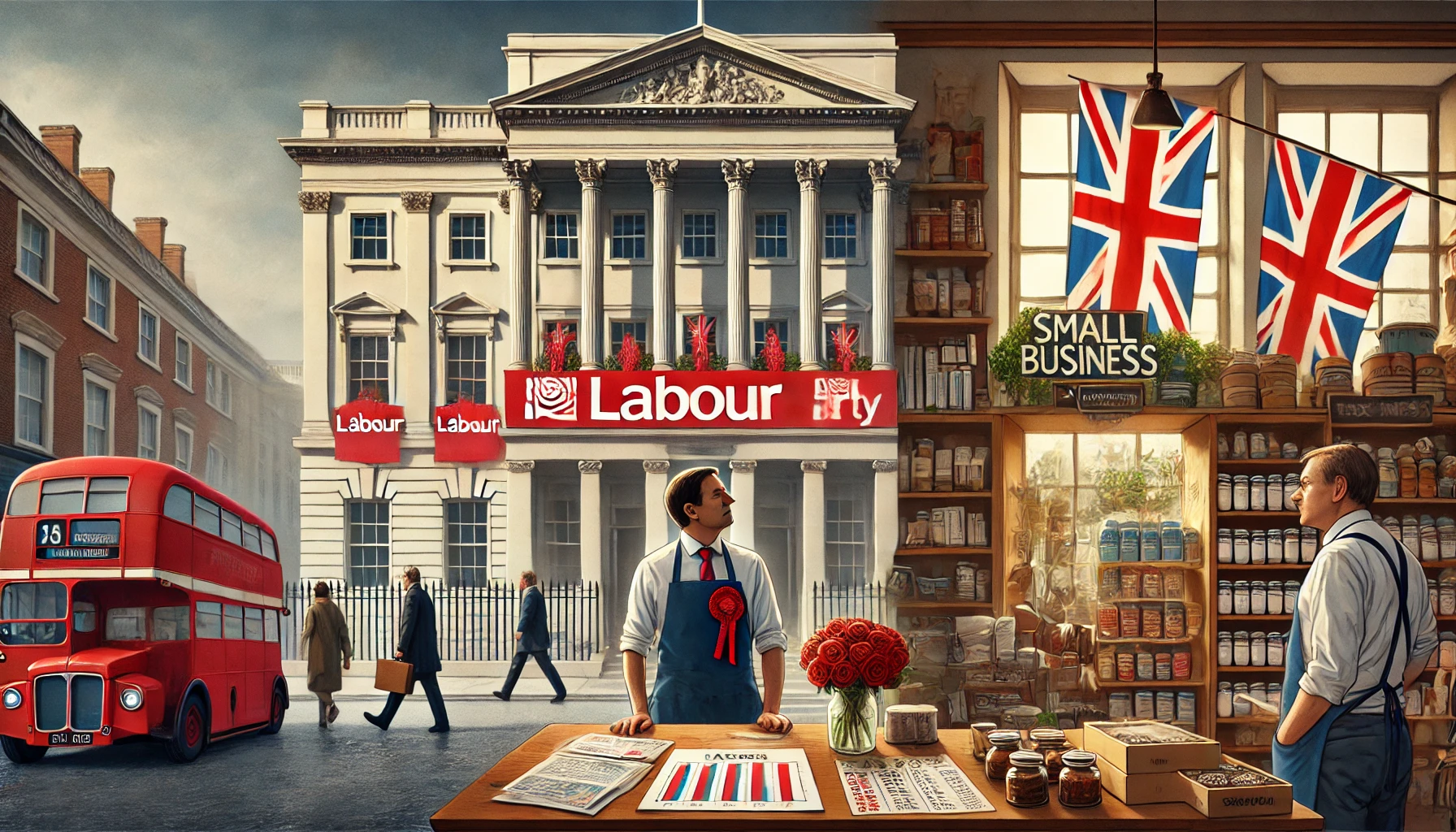With Labour likely to form the next government in 2024, UK businesses are weighing the pros and cons. Here’s what you need to consider as a business owner:
THE GOOD STUFF
Pros: 1. Increased Public Spending – Labour tends to invest in public services, which could lead to opportunities for businesses that supply to government contracts or benefit from increased consumer confidence. The customer confidence bit is key. Since COVID-19, customer confidence has remained negative. The trend is simply ‘how negative’. The good news is, that confidence is returning and under Labour, the forecast is for this trend to continue.
2. Green Initiatives – Labour’s focus on sustainability could offer growth in green industries, such as renewable energy and eco-friendly products. They also plan to invest millions into the automotive industry. From enabling the building of Giga factories in the UK, to training up skilled technicians who’re able to work in these factories and/or on electric vehicles. There are literally thousands of business opportunities in this space right now.
3. Worker Rights and Pay – While increased pay and better working conditions are positive for employees, it could also lead to better staff retention and morale within businesses. We know that there are two things businesses love. Number one being cash, but a very close number two is stability. Given we’re just at the start of this Government, the jury is out on whether we’ll see that.
4. Support for SMEs – Labour has often been vocal about supporting small and medium-sized enterprises through funding initiatives, grants, and tax reliefs. The proof will be in the pudding in the October budget. We’ll share our views on that once its made public
THE BAD STUFF
Cons: 1. Higher Taxes – Labour has historically proposed higher corporation tax rates, which could impact business profits. It’s fair to say however, nobody likes raising taxes. The challenge this Government has is, there is no cash to deliver the breakthroughs they want to. The main way for a Government to generate cash is via taxation. The logical thing to do here is to tax the hyper wealthy. We’re not talking about the people earning £100k+ per annum. We’re talking about the people who own the major assets in the country and are generating millions per week in passive income via interest on wealth. Taxing these individuals at just 1% would not harm them, but generate an incredible amount of cash to pump back into public services. Check out ‘Gary’s economics’ YouTube channel for more on this. More likely though, Labour will play with fringe taxes, focus on pensions and make the ‘everyday’ person, a little worse off.
2. Regulation Changes – More government oversight and regulation could lead to increased costs, particularly in industries such as finance, construction and automotive. In automotive for example, labour are planning to bring forward a ban on combustion engine car sales from 2035 to 2030. It’s only five years, but the direct impact on the OEMs and the people and businesses that indirectly work with these organisations is immense.
3. Increased Costs for Employers – Labour’s focus on raising wages and improving worker rights may lead to higher costs for employers in terms of minimum wage hikes and employee benefits.
4. Uncertainty for Larger Corporations – Big businesses may face pressure with higher taxation, more regulation, and less government support.
5. Shifting Market Dynamics – Labour’s policies could change how certain sectors operate, especially in energy, finance, and tech. At OPEX Local, we help businesses of all sizes navigate these changes, ensuring they maintain strong online visibility and adapt to market shifts.

